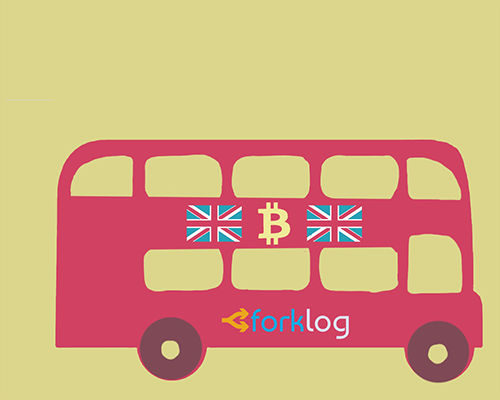
What the Brexit Voting process can teach Ethereum
The penny has dropped: the UK will leave the EU, after 51,89% of the voters decided for leaving the EU.As many experts had already predicted and what we are now seeing unfold, the immediate consequences are bad, and the long term consequences are grim.What strikes me as more relevant however, is that this referendum (more neutrally named: “United Kingdom European Union membership referendum”) shows just how weird things can get when you start deciding issues with a huge impact by a simple majority vote amongst a large population, some of whom have imperfect access to all the fact, whether by choice or by circumstance.A few hours after the poll was decided, we started seeing interviews with people who were genuinely shocked that their vote had mattered. Had they’d but known it did, they would have voted remain, but they actually thought their voice would just be a protest cry against whatever they felt was worth protesting against.What is important to note here is that a poll cannot take into account the lack of knowledge on the part of the voter: it is assumed the voter has had the opportunity to make an informed choice, and decide accordingly.However, with decision this large, and which have such complex issues, this is all but impossible. As humans will do, issues will become focused around certain themes, which down the line will even become more strongly focused, after which people will just vote for one specific issue, which they feel they can relate to.This is why these referenda become “a referendum against David Cameron”, “a referendum against migrants” and a “referendum against Brussels (fill container with anything you hate)”.The shocked reactions show that these “Bregret” voters had no idea what they were actually voting about, which is corroborated by the anger in the comments once the Daily Mail finally gave more comprehensive information after the vote was over.Of course, there is also the problem that human beings don’t like their certainties, self-images and beliefs shaken. We tend to like people that agree with us and vilify people who disagree. When it comes to searching out information, even though it’s available, we will tend to only read things that agree with our point of view, and if it doesn’t agree we tend to look for any reason to disregard it. Only once we cannot, for instance once your country leaves the EU, we will want to look at the new source of information openly.None of this is new. These are mechanisms that are thoroughly human and normal and yet, polls cannot guard against it.In fact, these mechanisms are being abused time and again by any focus group and politician wanting to influence polls. This is why “fact free politics” is so popular: you just need to push the right buttons for the right people and you are ahead in the game.
Oh right, Ethereum!
This brings me back to Ethereum and why I have very grave doubts about the forks (hard and soft) that are proposed.In the first place, as I’ve already said, I think they were tainted from day one, by major Ethereum names who are also involved in developing in leaning decisively in on the debate.Secondly, the voting does not take into account the level of knowledge of the voters, nor the pressure the community can exert even when not being a voter, but lacking the knowledge to judge the issue. This is an extremely tricky one, because like it or not: democracy is meant to be open to everyone, and this could quickly become a sliding slope. However, as poll maker and initiator of a vote/fork/choice you need to take this into account and cannot pretend it doesn’t exist!Thirdly, and this worries me greatly, I see trends of what might be called influencing through lack of knowledge emerging, even though the this might even be unintentional.The Soft Fork codename released on the 24th of June is called “DAO Wars”. Now, I don’t know about you, but that hardly sounds like a neutral name for a choice that should be taken rationally. If de-escalating tensions was the aim, I’d take another stab at that one.Vitalik’s unfortunate endorsing of a fork at the start of the DAO siphoning is another example of this kind of influence. To me, this certainly does not add anything new to the mix: it’s just politics as we already have it.Lastly, and this is something I think is too often disregarded, is that this decision may well be made with blinders on. People are heavily invested in the DAO: a ludicrous amount of money went blindly into the DAO, so this may well be decided on the basis of “I want to get my money back” with no regard for the long term repercussions for the Ethereum project.One thing that everyone in cryptocurrency and blockchain projects can take away from this all is: it’s not enough to just have a system that is new. Technology only is not a solution. We need to get knowledge from a much wider pool. It’s time to grow up and enter the real world, with all the dirty greys that it contains.
Original by
Bas Wisselink Nxt/Ardor Community Manager and member of the Nxt Foundation.
Congratulations @freemanit! You have received a personal award!
Click on the badge to view your own Board of Honor on SteemitBoard.
For more information about this award, click here
Upvoted you